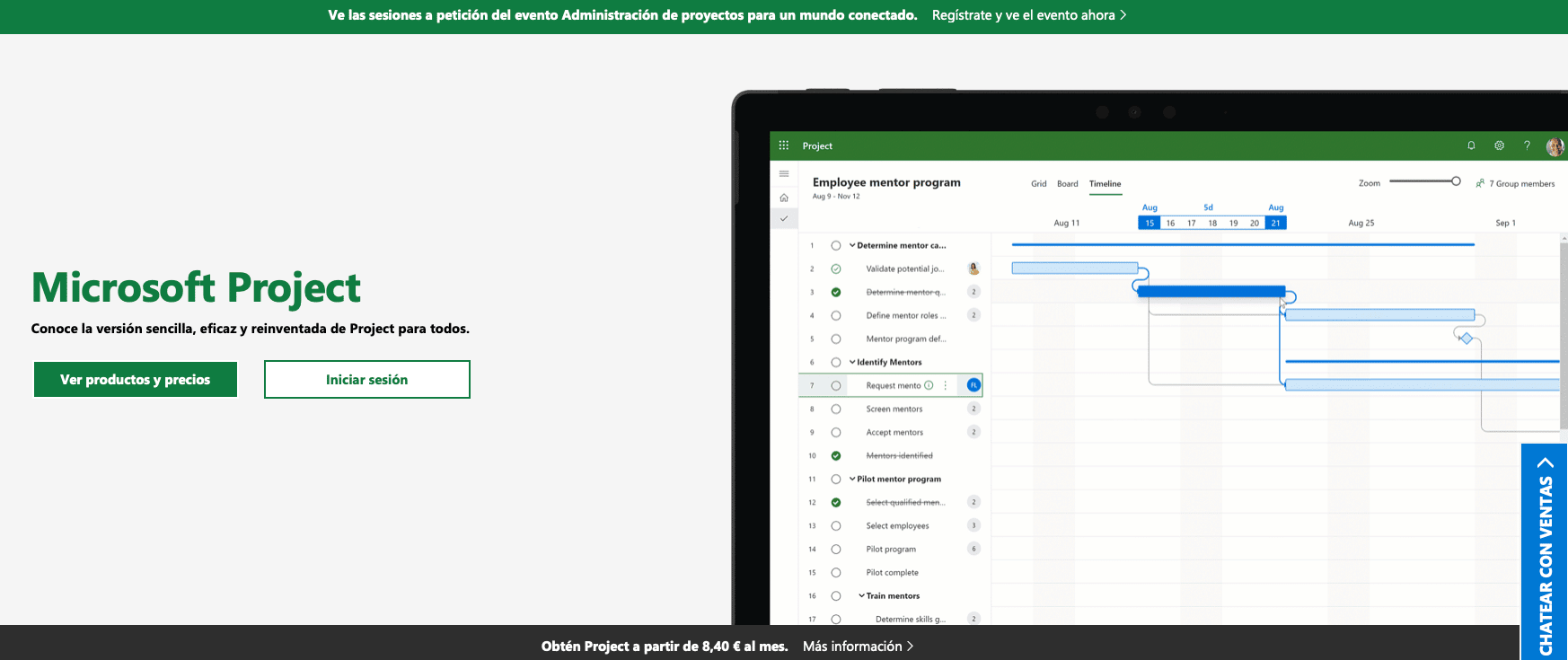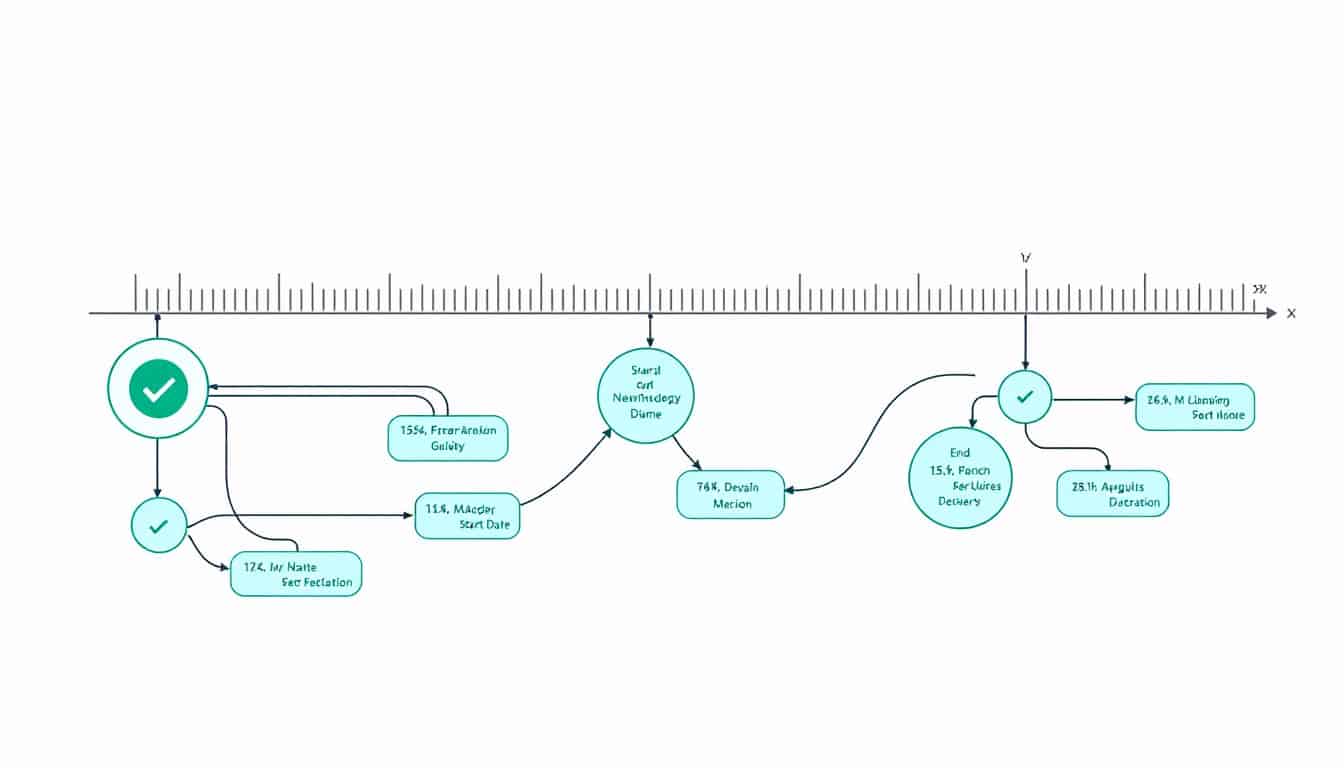Microsoft Project Server is a powerful and comprehensive tool aimed primarily at project managers looking to improve the planning and tracking of their work. With a multitude of features, it is particularly effective for complex projects, but its cost can sometimes raise questions. In this article, we will closely examine the advantages and disadvantages of this software, while exploring ideal alternatives that might better suit the diverse needs of businesses, whether for small projects or large initiatives.
🔥 Nous recommandons Ideamap
Ideamap est l’outil idéal pour un brainstorming ou un projet collaboratif. Grâce son interface facile et à ses fonctions IA, Ideamap booste votre créativité tout en favorisant une meilleure organisation de vos idées pour atteindre vos objectifs.
|
IN BRIEF
|
Microsoft Project Server is a powerful project management tool that offers a multitude of features for organizing and tracking tasks. However, despite its undeniable strengths, it also has certain shortcomings, particularly regarding its cost and accessibility. This article explores the advantages and disadvantages of Microsoft Project Server, as well as alternatives that might better meet your needs.
The Advantages of Microsoft Project Server
Microsoft Project Server stands out with its rich array of features that facilitate effective project management. Among the notable advantages is the increased visibility of ongoing projects, allowing managers to have a clear overview of resources and deadlines. This not only optimizes planning but also the use of resources, thereby contributing to smoother execution.
Moreover, the native integration with other products in the Microsoft 365 suite is a considerable asset because it allows for seamless collaboration between different tools. Teams can thus use familiar applications while leveraging the advanced capabilities of Microsoft Project Server.
The Disadvantages of Microsoft Project Server
Despite its advantages, one of the main drawbacks of Microsoft Project Server is its high cost. For many users, this price may seem disproportionate to the actual needs, especially for small businesses or less complex projects. This financial barrier can deter some from taking the plunge and opting for this specific tool.
Additionally, although Microsoft Project Server offers advanced features, it can prove difficult to use for beginners. The complexity of the software may require extensive training, which can slow down adoption within teams and lead to frustration.
Alternatives to Microsoft Project Server
For those who find that Microsoft Project Server does not meet their needs, several alternatives are available on the market, such as Wrike and Monday.com, which stand out by offering a more intuitive interface and better integration. These solutions can be more accessible for small teams or beginners.
Furthermore, platforms like Trello and Asana also offer interesting features for project management, with approaches focused on simplicity and collaboration. These alternatives are often less costly and can effectively meet the needs of organizations of different sizes.
It is therefore essential to assess your specific needs and budget before choosing the most suitable project management solution. Each of these alternatives has its own advantages that may align more closely with your working style and operational requirements.














